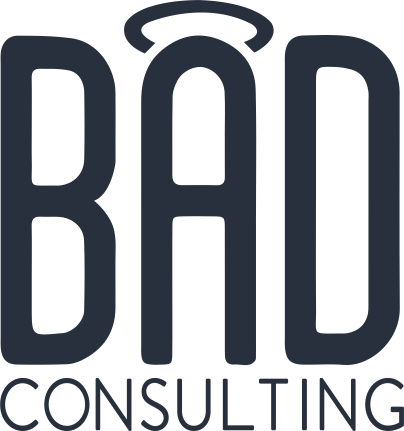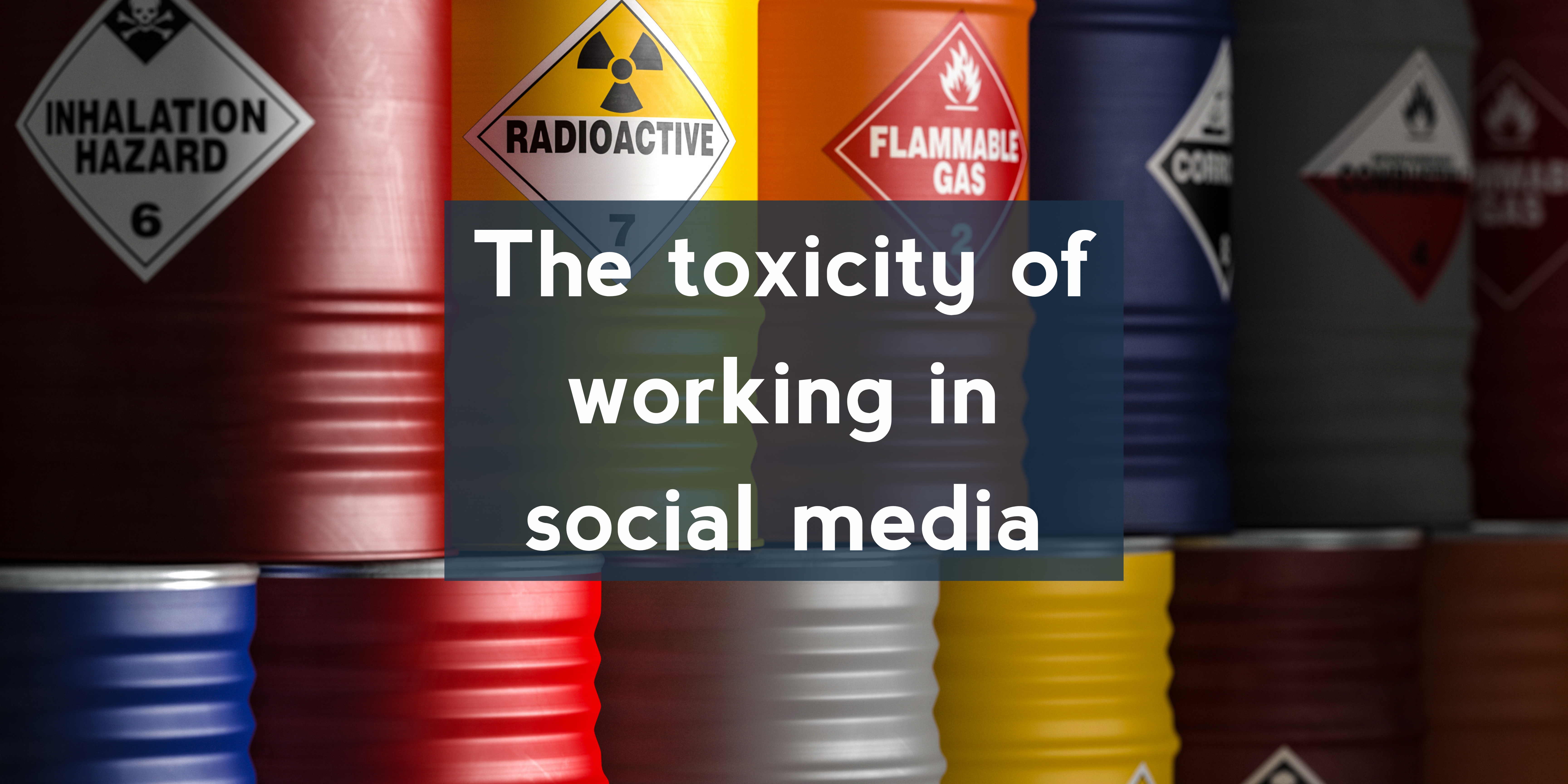I’ve worked in social media for a long time. And, well… the toxicity is bad right now. Does it make me want to completely switch careers? There are times I think about it, but I love what I do so much that I never linger on those thoughts.
But the fact that they even enter into my brain just tells you how bad it gets. From client demands to online trolls, there is a lot that you have to deal with or completely block out when it comes to working in social media. Let’s talk about what to do when dealing with certain kinds of toxicity.
The posted-on-Facebook-once expert
It doesn’t matter what kind of client I am working with. They always have someone in their organization who wants to tell me how to do their job. This person never works in marketing. They just have posted on Facebook and now consider themselves an expert. Or they know someone on TikTok. They never have actually done any kind of social media professionally. But they’re more than happy to tell you how to do your job.
To me, this person’s toxicity is dangerous. They’re always watching and willing to complain to those who have hired you. It just tires you out. But this tends to end up working in your favor. This boldness usually leads them to make a mistake. I’ve seen this person open up social media accounts in the organization’s name and get into huge trouble over it. So as you’re dealing with this kind of person, my biggest piece of advice is to just be patient.
And as you wait, it’s best to protect yourself. The first step is to cut this person off from contacting you. Tell your client that you really need to have just one person from their organization contacting you on day-to-day social media to avoid confusion and then you can discuss bigger issues at meetings. If that person continues to contact you after your client has gotten on board with this, then you can just forward their emails and have your client deal with them. It’s super important that you do not take them on anymore than that, because it will only escalate. And once it escalates, it will quickly start looking like you’re the problem.
The you-should-be-online-at-all-times client
I had a client once who spoke a whole lot about how I shouldn’t be online all the time because they don’t pay me to do that. Meanwhile, they would text me at all hours of the day and during weekends, which would end up requiring me to work all hours of the day. So it’s not just the words used. It’s the toxicity of the actions as well.
The expectation that because you work in social media so you should be online all the time is detrimental to having balance in your life as well as your ability to do your job. Because your mind needs rest and you need to do certain things that will make you feel whole.
How do you deal with a client whose words or actions say you should be online at all times? Get rid of them as quickly as possible. The only way to stop the behavior is to bring in human resources, and they likely will not be on your side in this case. And even if they are, it’s going to be hard to get your client to trust you again. So if it’s important to you to make sure you have some kind of rest, just move on. No amount of fighting to keep the work is going to help you.
The I’m-gonna-take-your-job consultant
I have impostor syndrome. I always think whatever I do is not quite good enough, even if it’s fantastic. My eyes can only see the mistakes and what I can do better. It’s what makes me a great social media consultant, but it doesn’t help me mentally.
So when I’m in one of those death spirals, inevitably a consultant will come into a client’s DMs to say all the things they would do better if those social media accounts were theirs. Brutal.
Here’s the thing to keep in mind when that happens: Your client isn’t even seeing that message. And any social media consultant that decides to do a pitch via DMs isn’t going to be great competition for your job.
First off, the message got to the person doing the social media, so that consultant started off the potential relationship by offending that person. Secondly, it’s rare that the person doing the social media is the decision maker for the job that consultant is trying to get. Instead of doing their homework to reach the decision maker, they took a shortcut. This is not someone who will be good at running your client’s social media accounts just based on that. And their big ideas don’t take into account your client’s particular puzzle. They likely are only paying attention to superficial data. You have the full set of data, which includes your analytics and what your client’s goals. Those big ideas are quite simply garbage without all that data.
Basically, if any of these DMs get to you, just remind yourself this person is not great at social media, and even with all your faults, you’re making a difference for your clients. And take a look at your analytics to really drive that point home.
The you-suck community member
You can’t please everyone, and this person really wants to know how much you haven’t pleased them. Maybe they’re emailing it to your client. Maybe they are keeping their critiques to social media. Regardless of where it is, they are LOUD.
Like some of these other examples, this is a person who doesn’t have all the facts but wants to make sure you know their opinion anyway. I once had one so bad that I would have a panic attack every time I opened up the client’s social media accounts. But this was years and years ago when people didn’t think about how anyone could read what they wrote on social media. So I’ve never quite had one who reached that level since. There have been a vocal few who do give me headaches though.
The best way to deal with someone like this is to educate your client. Be proactive and tell them the whys of everything you’re doing so they are well-versed on the strategy as well as the thoughts behind it. So when this inevitably happens, they can share more about what’s happening with confidence, even if they are being thrown this critique in a situation which requires a fast response.
But also, take a second to put your emotions aside when this happens. Divorce the toxicity from the actual things being said. Is there anything in there that might be right? Is there anything you could maybe try? Maybe do an experiment based on the critiques and include this person in it. With permission from your client, show them the results and talk with them openly. Sometimes just realizing that there is a real person on the other end who is doing their best is enough to change the tone of the conversation. And sometimes just feeling included is all this person wants. You could do a world of good for everyone by just being open.
A million other people
There are so many other instances of bad behavior towards social media consultants. Some of the toxicity you unfortunately have to deal with and some it’s best to walk away from as fast as possible. The trick is knowing which is which. Creating a line for how you want to be treated before you are in the middle of one of these situations is going to make this all a lot clearer. And taking action sooner rather than later will make a big difference as well.
How have you dealt with toxicity in your career?

